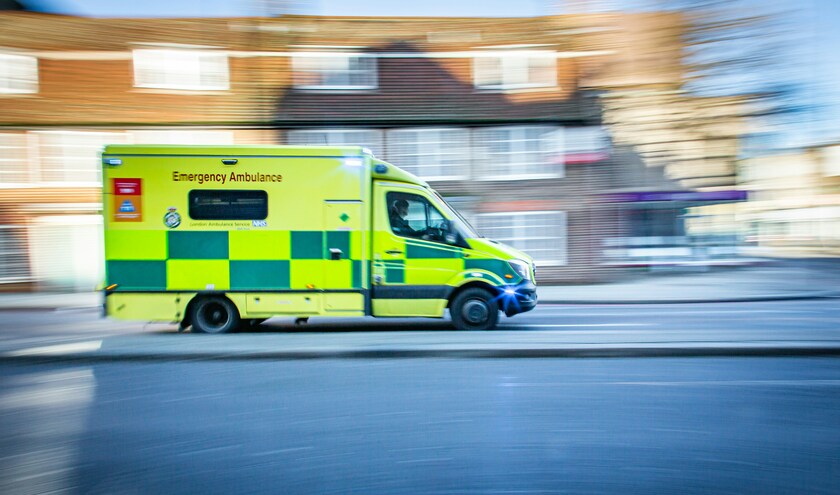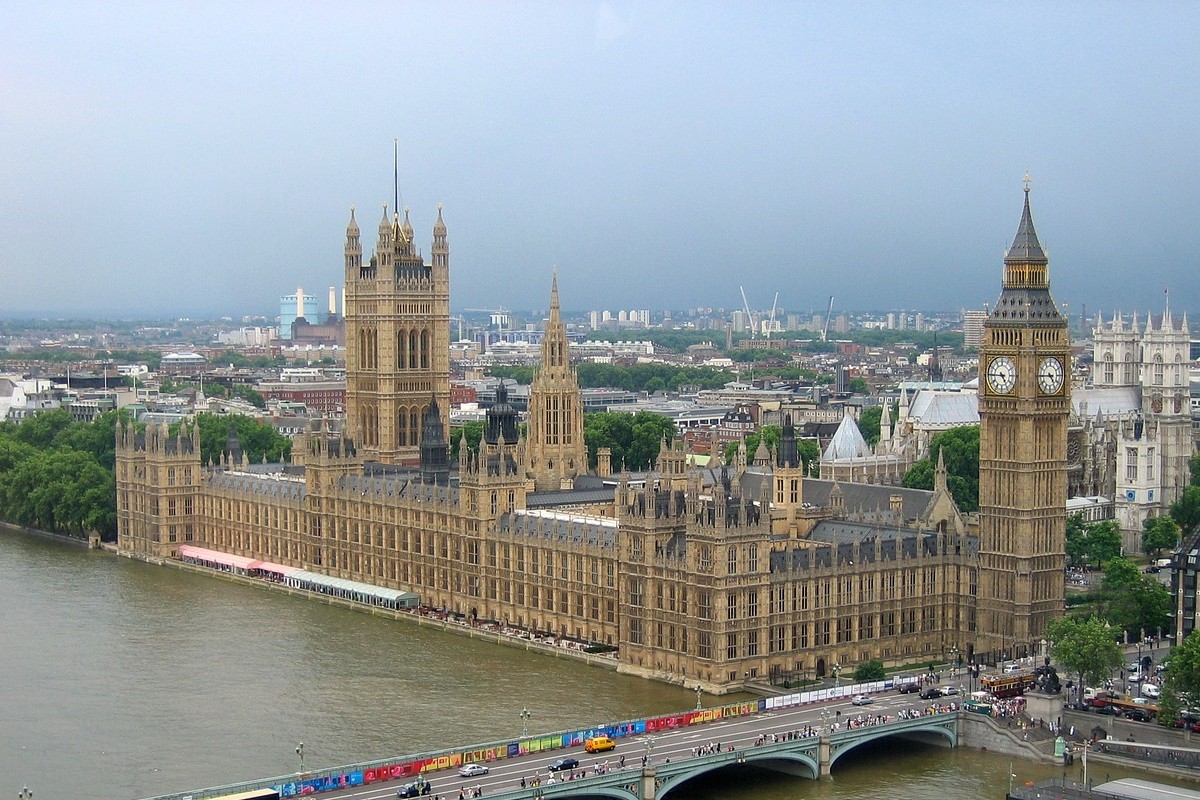The findings were published as Unison's annual conference got underway in Liverpool today.
Unison general secretary Christina McAnea said ‘care park care' was ‘increasingly becoming the norm' with ambulances and hospital corridors becoming makeshift treatment rooms, forcing staff to care for patients for hours on end.
Over two-thirds (68%) of ambulance workers report patients' health deteriorating during long waits with 5% saying people have died in their care because of long delays.
The UK-wide target for ambulance crews to hand over patients to A&E departments is 15 minutes, with none meant to take longer than half an hour.
One in seven respondents (16%) had waited outside emergency departments for 12 hours or more with 53% experiencing delays of six hours-plus.
Over three-quarters (77%) said they had to look after people in the back of ambulances when stuck outside A&E departments in the past year with nearly half (47%) reporting spending ‘almost every shift' giving ‘car park care', while they wait to hand patients over to hospitals.
Two-thirds (68%) had waited in hospital corridors, or in other locations where one paramedic cares for several patients, for example, in doorways or even outside.
Over three-quarters (77%) reported they had to use ambulances as makeshift treatment rooms to assess patients or administer care. And six in 10 (62%) said they had to take people for X-rays, scans or other tests, only for patients to then return to the vehicle afterwards because they still can't be admitted.
Nearly two-thirds (65%) reported patient dignity and privacy were being compromised when people were being cared for in the backs of ambulances for upwards of 30 minutes.
Over four in five (83%) said patient care and safety were compromised. Three in five (60%) reported a significant impact on their mental health, with almost two in five (39%) saying the pressures were making them seriously consider leaving the profession altogether.
Over nine in 10 (93%) of respondents reported regular late finishes and shift overruns, and 83% frequently missed breaks due to delays.
Nearly two-thirds (65%) were unable to eat or drink, and three in 10 (31%) said they had no access to a toilet during a shift.
Unison called for a range of Government measures, including: boosting staffing across ambulance, hospital and community services; making GP appointments more readily available; and improving social care capacity in communities.
A Department of Health and Social Care spokesperson said: ‘We inherited a broken NHS with people waiting far too long for urgent treatment. Long ambulance handover delays are completely unacceptable which is why we are fundamentally reforming the health service through our Plan for Change.
‘This includes shifting services from the hospital to the community to ensure patients can access the right treatment closer to home, on top of recruiting an extra 1,000 GPs to reach patients earlier.
‘This will free up our under-pressure ambulance services and A&E departments and help reduce waiting times for those in genuine need of urgent care.'



